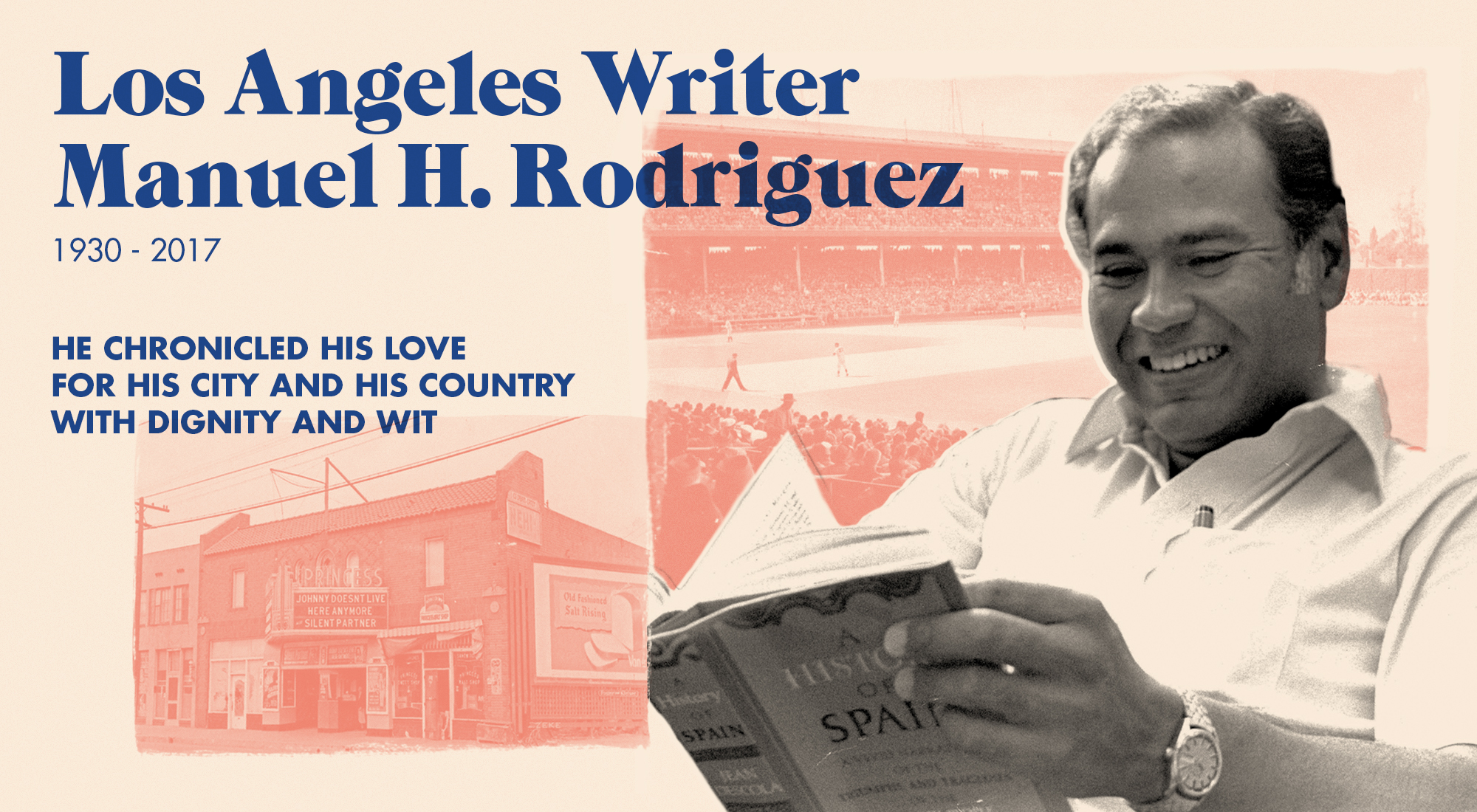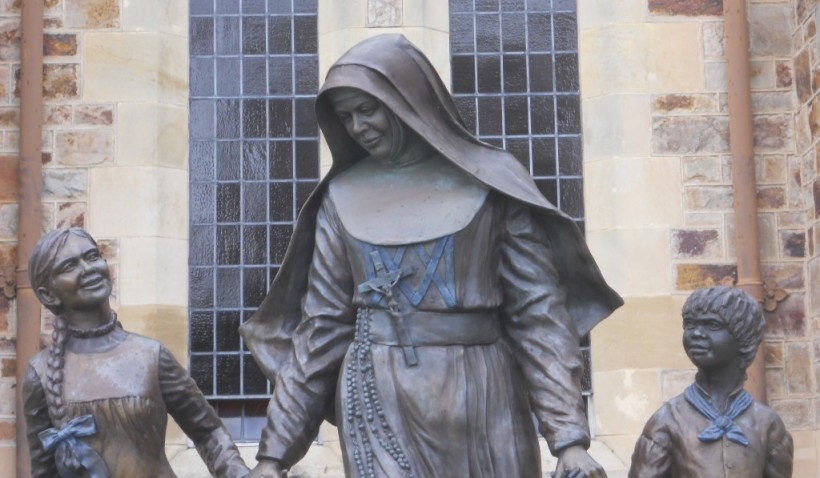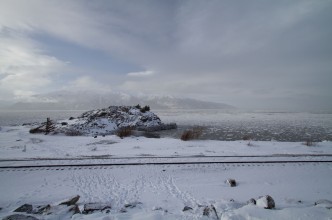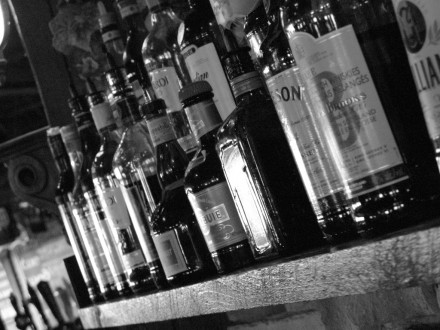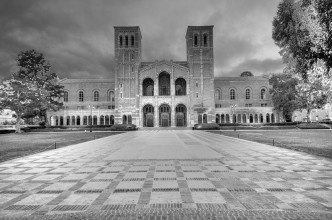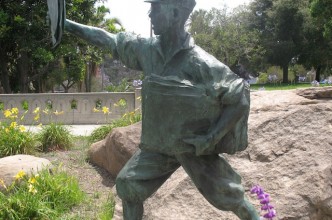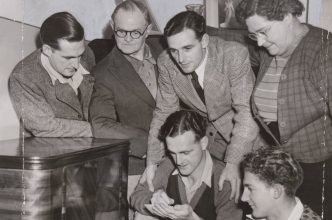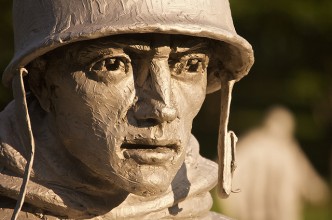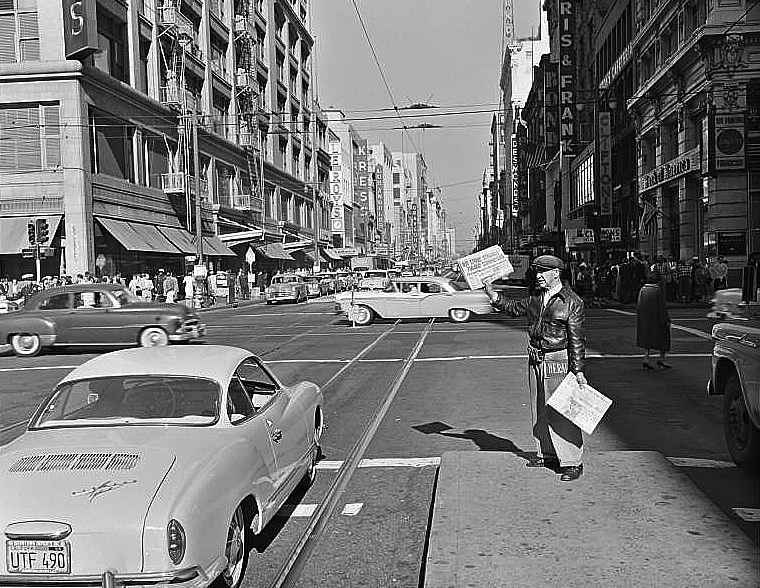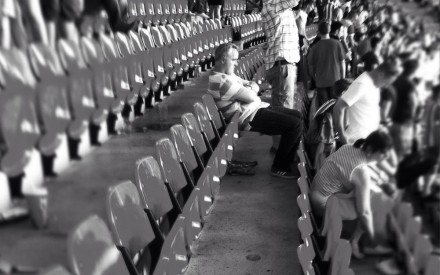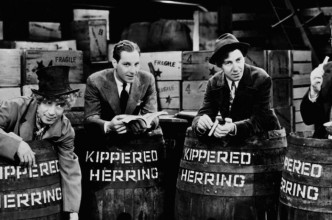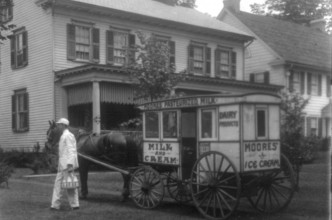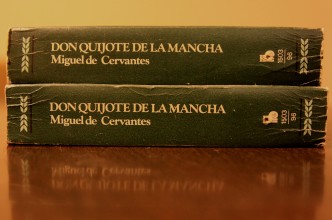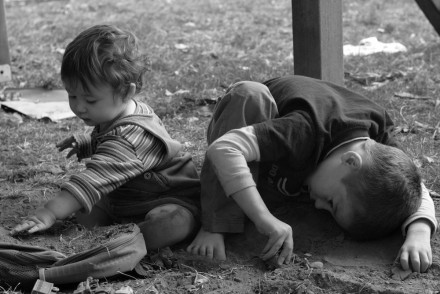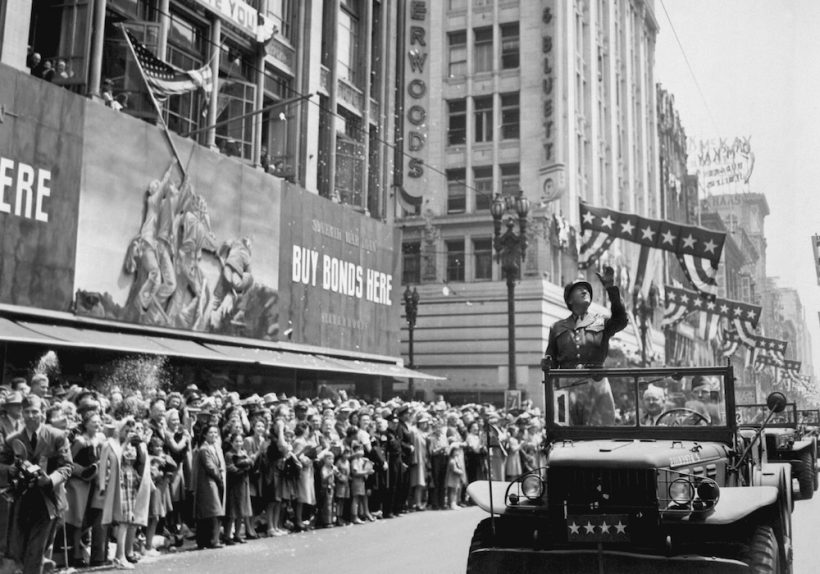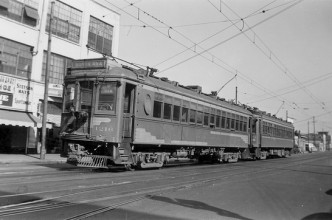When I Got Sent to Anchorage Instead of Pyongyang
During a Bloody War in Korea, Army Life in Alaska Postal Unit 50 Was Pretty Good
On October 3, 1951, after learning that I would be spared deployment to Korea and getting a customary 14-day leave from the U.S. Army, I reported to Union Station in Los Angeles, dressed in my Class A uniform, shoes and brass polished, to make a trip to Alaska, where I would spend the rest of my time in the service. The train went to Seattle, Washington, the port of embarkation for Alaska-bound troops. As I rested in my Pulmanette, a private room with …
Booze Deliveries and Pistol Whippings at 70 Cents an Hour
From 1944 to 1946 I Worked at a South Los Angeles Liquor Store. It Was No Place for a Kid, but I Saw a Lot.
A & J Liquor, on Vernon Avenue a few doors east of Wall Street in central Los Angeles, was where Mother purchased Father’s liquor. Ever on alert for business establishments that would hire her oldest son—me—to help boost the family income, Mother arranged with the storeowner that I work there after school and on weekends. I was 14 years old and in high school. The school day ended at 2:15 p.m., and I reported at 3 p.m. The pay was 70 cents an hour, and Mother’s usual finder’s fee prevailed: 100 percent of earnings. The year was 1944.
We lived in a duplex at 43rd and Wall, two blocks north, and the V streetcar …
My Time as a Damn Average Raiser at UCLA
College Looked Out of Reach When I Withdrew in 1948. Returning Altered the Course of My Life.
John Burke and I, Class of 1948 graduates of Mt. Carmel High School, and new UCLA students, sat quietly, bewildered, on …
Hawking the Tabloids at Age 10
When the Country Went to War, My Brother and I Went to Work
In 1940 my brother and I went into the newspaper business. I was 10 and Raul was eight. Father had made us a wagon out of plywood. It was an awkward-looking, …
The Day the Lone Ranger Died
The Radio Connected Us to the World More Deeply Than the Technologies That Followed
The digital age, we are told, has made media more immediate, more democratic, more visceral than what came before. …
The Joys of Basic Training, 1951
Becoming a Soldier in a Time of War
When Bill Clinton was preparing to take over as president of the United States, he got a lesson from Ronald Reagan on how to salute. Back then, it was unusual to have a president without military experience. Today, it’s unremarkable. Neither Barack Obama nor Mitt Romney has served in uniform. While I would never vote for a candidate merely because he served–other factors weigh much more heavily–I believe that both presidential nominees today lack a measure of personal experience that would benefit any commander-in-chief. You learn a lot …
My L.A. Life Through Newspapers
Living Through Earthquakes, World War II, and the Black Dahlia, One Headline at a Time
The Lonely Life of an L.A. Sports Fan
For Decades, Rooting for Southern California’s Teams Was Painful and Even Lonely—but I Persevered
A Los Angeles radio sportscaster who billed himself as “Super Fan” used to end his broadcasts saying, “In the department store of life, sports is in the toy section.” That’s as good an explanation as any for my being an L.A. sports fan. I like toys.
But toys can have deep meaning, and their loss can involve pain. We talk today of Los Angeles as a place of the Lakers and other winners. But the Lakers, when they first arrived, inspired pain and frustration. In the 1960s, led by Elgin Baylor and Jerry West, they made it to the National Basketball League finals six times. …
My 1930s Education at the Movies
The Golden Age of Hollywood Taught Me About War, Crime, Natural Disasters—and What Was Funny About America
I’d long wanted to see the two movies on the double bill at our neighborhood movie house, the Princess at 61st and Main streets …
When the World Came to My South L.A. Door
Amazon Is Nothing New, in the 1930s and ‘40s Salesmen Delivered Everything From Fresh Doughnuts to Steel Guitars
I remember most clearly the things that aren’t here anymore, the things that I saw as a child in our neighborhood in South Los …
My American Languages
I First Learned English, Then Spanish, to Navigate My Identity in This Big Country
Sister Paula, our eighth grade teacher at Holy Cross Elementary School in South Los Angeles informed us one morning in 1944 that Fridays would be devoted to public speaking. Which meant that each of us, standing in front of the class, had to …
Why Kids Need to Dig in the Dirt Again
What I Learned About Freedom and Imagination, in an Era Before the Screens Took Over
Kids today have it all, it seems, except time to be themselves. Their lives are so intensely choreographed from one activity to the next, and their scarce downtime so consumed by all their different-sized screens. It’s no wonder they no longer get a chance to master one art kids used to excel at: using their imagination to turn free time into an adventure.
America was still mired in the Depression when my family moved into the south Los Angeles neighborhood of 61st Street, just east of Main Street, which was characterized by peaceful stillness, interrupted in the afternoons and on weekends by the shouts of children at play. My brother Raul and I were 5 and 7 when we moved into that house, oblivious to the difficulties facing …
Coming of Age Under a Flying Fortress
Being a Teenager in L.A. During World War II Meant Blackouts, Rations, and B-17 Bombers
My Getaway Car
War Reels, Liquor Store Holdups, and My Exploits on the Rails
World War Two, which started when I was 11 years old, was a difficult time for my family. Housing became scarce, particularly for a household of ten. I was the oldest of eight children. We lived in a working-class neighborhood at the corner of 53rd and San Pedro in Los Angeles. It was not a place I remember with fondness. We were cramped for space, my parents were becoming estranged, and crime was a growing problem. The kindest thing I can say about our home is that it was located next to a streetcar stop at the end of the line for the H car. When we heard a streetcar coming in, we knew it would soon be heading back out. …




